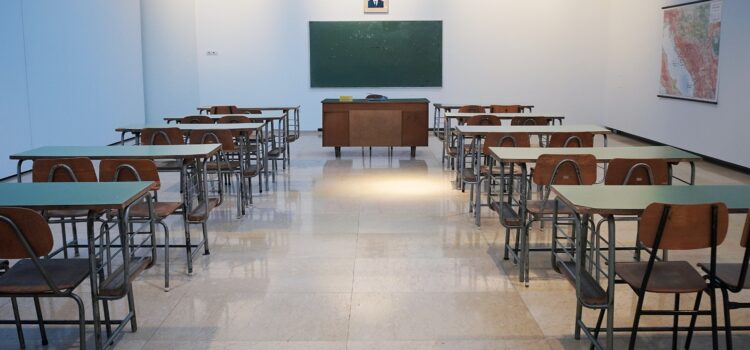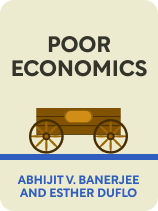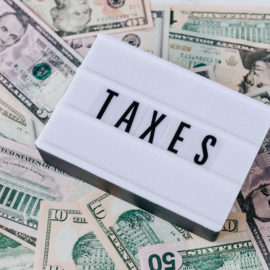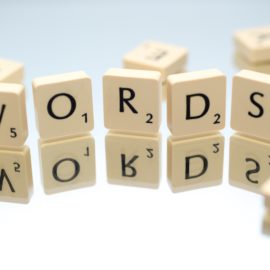

This article is an excerpt from the Shortform book guide to "Poor Economics" by Abhijit V. Banerjee and Esther Duflo. Shortform has the world's best summaries and analyses of books you should be reading.
Like this article? Sign up for a free trial here .
What is the relationship between poverty and education? Why do the poor choose not to send their children to school?
Poverty is a major obstacle to obtaining an education. But even when education is available, poor parents may choose not to send their children to school. This is because there’s often a lack of well-paying jobs in poor areas, so parents don’t bother educating their children because they see little point in doing so.
Here’s why the poor often choose not to make use of the educational opportunities that are available to them.
Poverty and Education
In discussing poverty and education, Duflo and Banerjee argue that schools in the developing world often don’t help the poor as well as they could. Teacher and student absenteeism is high and students are far behind in reading and math. Based on their research, the authors believe that the key reason schools fail so many poor students is that people have wrong expectations about who education is for and what it’s supposed to accomplish.
Poor parents expect education to result in a well-paying job for their children, write the authors. However, because there are few well-paying jobs in their areas, they tend to only educate the one or two children they feel are most likely to land such a job. Parents don’t bother educating the rest because they don’t see the value of teaching their kids basic literacy and numeracy skills unless it results in a coveted local job.
(Shortform note: In most developing countries, the jobs with the most security and best wages are government jobs, which often pay several times the average local wage. However, these jobs are scarce, and in some places only open to those who pass a competitive exam. For this reason, government jobs are highly sought-after, but it’s very difficult for the average person to get such a job.)
Unfortunately, this attitude means most children end up at a disadvantage in whatever jobs they eventually land, continue Duflo and Banerjee. Studies show that even farmers benefit from having basic education levels.
(Shortform note: Researchers examining the relationship between crop yields per acre and farmer education level found that farmers with the equivalent of a high school education had yields nearly twice the size of farmers with no education.)
Further, the tendency to focus education only on an elite group of intelligent and talented children means that the kids who need education the most—those with fewer natural advantages—aren’t getting it, assert Duflo and Banerjee.
Therefore, no real progress can be made on improving education for the poor until the problem of wrong expectations is addressed.
| The Pygmalion Effect A large body of research confirms a strong correlation between teacher expectations and student outcomes: High expectations lead to good outcomes and low expectations to bad outcomes. In the education field, this is known as the Pygmalion Effect. Significantly, teacher expectations are more predictive of student outcomes than other factors, such as student motivation and effort. It’s unclear whether low expectations cause negative outcomes, but teacher expectations have been shown to affect the way they deal with students. Teachers who form low expectations of students tend to give those students less focused instruction and less positive feedback. The danger is that these low expectations turn into self-fulfilling prophecies. |

———End of Preview———
Like what you just read? Read the rest of the world's best book summary and analysis of Abhijit V. Banerjee and Esther Duflo's "Poor Economics" at Shortform .
Here's what you'll find in our full Poor Economics summary :
- A look at how some people live on less than 99 cents per day
- An analysis of how the poor live and how policy interventions affect their lives
- The four key insights Duflo and Banerjee offer about poverty






